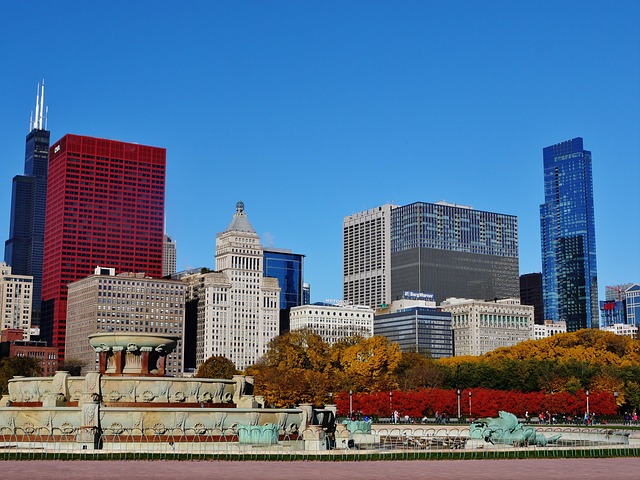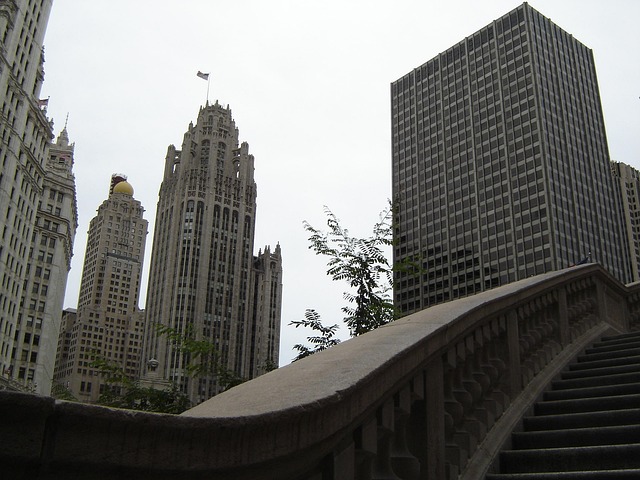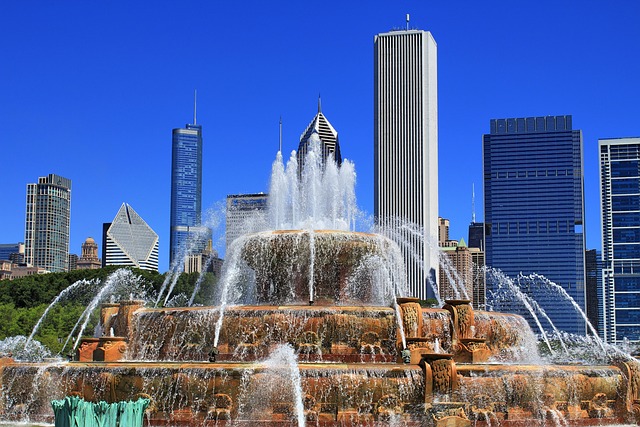Selling a fire-damaged house in Chicago demands strategic understanding of local trends, including economic health, neighborhood amenities like Lincoln Park's vibrancy, and shifting consumer preferences for outdoor spaces. Demographic shifts further complicate the process. Success hinges on assessing damage with professionals, documenting repairs, being transparent about fire history and renovations, and staying informed to compete effectively in the market. For optimal results when selling a fire-damaged property in Chicago, prioritize these steps.
Chicago’s real estate market is dynamic, influenced by a myriad of factors. This article delves into two critical aspects: understanding the trends and challenges that shape property values in this vibrant city, and providing insights for those navigating the sale of a fire-damaged home. From market trends to practical tips, we guide you through the process, offering valuable information for Chicago residents looking to sell in a competitive yet evolving marketplace, specifically focusing on the unique considerations of selling fire-damaged properties.
- Understanding the Chicago Real Estate Market: Trends and Factors Influencing Property Values
- Navigating the Process of Selling a Fire-Damaged House in Chicago: Tips and Considerations
Understanding the Chicago Real Estate Market: Trends and Factors Influencing Property Values

The Chicago real estate market is a dynamic landscape, constantly evolving with various factors at play. Understanding these trends and influences is key to navigating the market, especially when considering selling a fire-damaged house in Chicago. One significant factor driving property values is the city’s economic health; a thriving job market and stable local economy can significantly boost real estate values.
Chicago’s diverse neighborhoods also play a crucial role. Areas like Lincoln Park, known for its vibrant culture and amenities, often experience higher property values compared to other regions. Additionally, demographic shifts and changing consumer preferences impact the market. For instance, the rise of remote work has led to an increased demand for larger homes with outdoor spaces, while some buyers seek properties in areas with better access to public transportation. These trends highlight the need for sellers to stay informed and adapt their strategies when putting a fire-damaged house on the market in Chicago.
Navigating the Process of Selling a Fire-Damaged House in Chicago: Tips and Considerations

Selling a fire-damaged house in Chicago can be a complex process, but with the right preparation and knowledge, homeowners can navigate this challenging situation successfully. The first step is to assess the extent of the damage and understand that each case is unique, requiring tailored strategies. Engage the services of experienced professionals who specialize in fire restoration to provide an accurate evaluation. They can help determine if the house is a candidate for renovation or if it’s more practical to rebuild.
Once you’ve determined your options, start by gathering necessary documentation to support your claim with insurance providers. Keep detailed records of all repairs and costs. When preparing to list, focus on transparency; disclose the fire history but also highlight any renovations or improvements made since the incident. The Chicago real estate market appreciates honesty, and buyers will appreciate a well-disclosed property, ensuring a smoother sales process.
The Chicago real estate market, characterized by its unique trends and diverse factors, presents both opportunities and challenges. When considering selling a fire-damaged house in Chicago, understanding these dynamics is crucial. By navigating the process with informed tips and careful considerations, homeowners can effectively manage the complexities of the market, ensuring a successful sale that maximizes their return on investment. For those looking to sell fire-damaged properties in Chicago, this guide offers valuable insights tailored to meet the specific needs and challenges of this unique real estate landscape.






